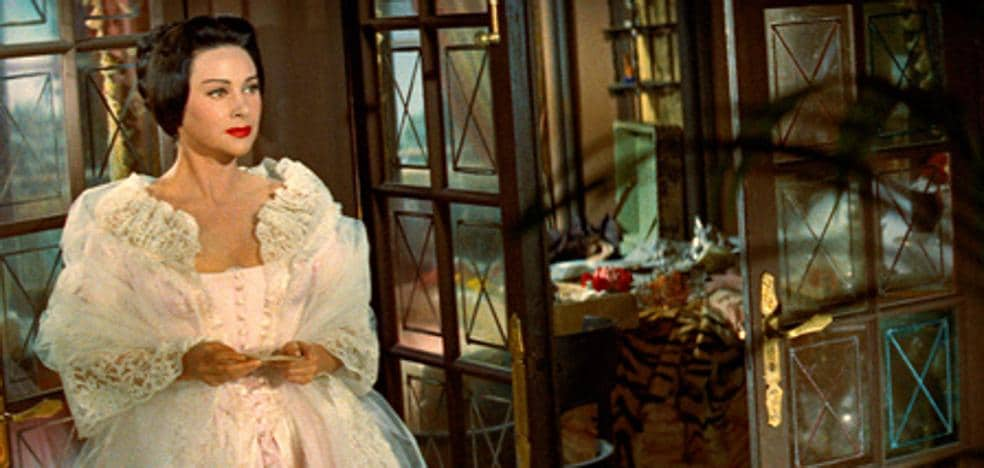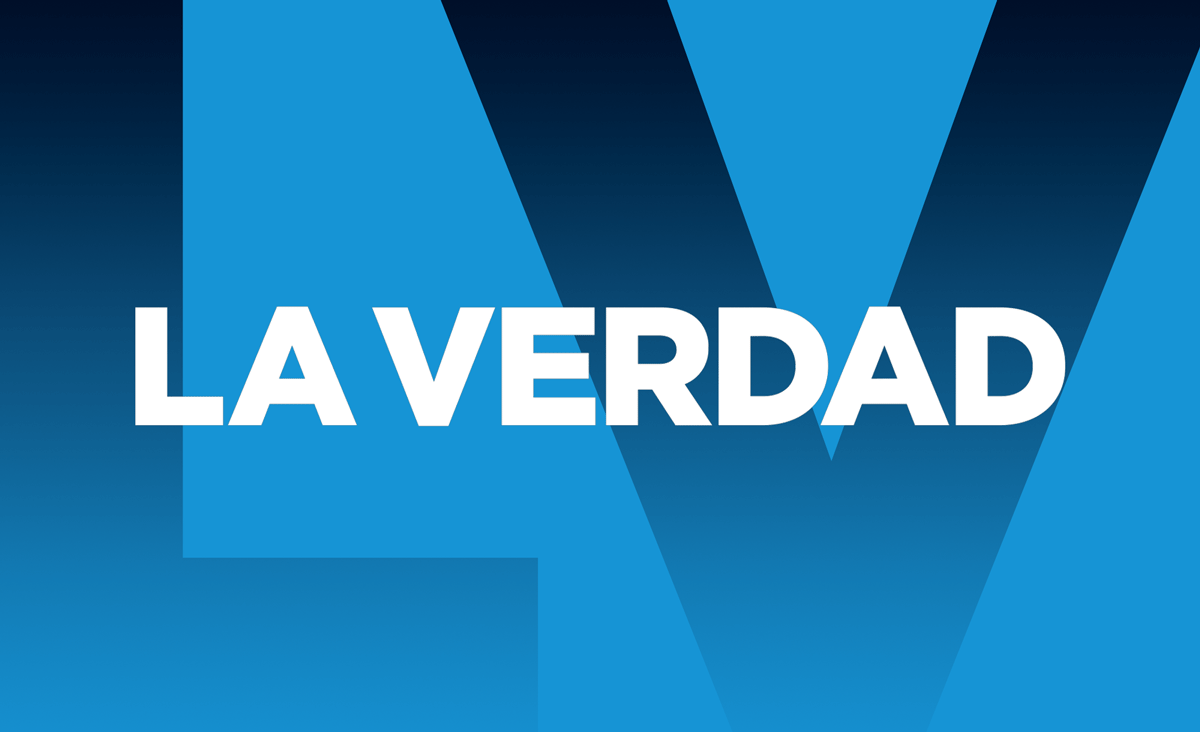Yesterday the filmmaker received the ‘El Correo’ Journalism Award for the article ‘Knowing something’, published in ‘XL Semanal’
He did not disclose what he will do with the 10,000 euros from the prize, but he surprised with a confession as soon as he received the XXXV Prize for Journalism from ‘El Correo’ in the auditorium of the Museum of Fine Arts. “This award makes me very excited, seriously. I dreamed of working in a newspaper after seeing the movie ‘Front page’”, explained Isabel Coixet (San Adrián del Besós, 1960), beaming in front of the microphone. Among the general public at the event, which was chaired by Enrique Ybarra, president of the Fundación Vocento, many nodded as if in agreement with him. And who wouldn’t after seeing that Billy Wilder miracle? At least that seemed to be the smile of the director of the Festival Ja!, Carolina Ontivero, the painter Jose Ibarrola and the film-maker Javier Rebollo.
If she’d gone to work in a newsroom, it most likely would have been great for filmmaker, screenwriter, and producer Isabel Coixet. He has never been afraid of the blank page. She earned her first salary as an editor for the magazine ‘Fotogramas’ and she had a soft spot for the interview genre. He didn’t sign any criticism because it was his thing to look at each other face to face, with the pen, notebook and recorder. And not much has changed since then. Filming and writing mark his life and work, without losing sight of the small and large details.
That’s exactly what his article ‘Know Someone’ was about, winner of the award of ‘El Correo’, which appeared on April 25 in ‘XL Semanal’, where he has been publishing every Sunday for 23 years. In this text, Coixet portrayed a loner, a man who turns the sidewalk to avoid walking in front of a beggar, but bears the imprint of bitterness on his forehead. With a ‘travelling’ rhythm, he focuses on solitude, when there are no masks or audience, and the reality of the state of mind appears. How do we really feel? What have we become? Questions that hurt more when there is no one at home or anywhere to answer.
“What if I ever shot in Bilbao? Yes, yes, some places in the metro and also on Sopelana beach. All commercials, no movies. Yes, fiction after all. Advertising is not true,” emphasizes Isabel Coixet, in the “small committee”, before taking the stage, chatting with her friend Miguel Zugaza, director of the Fine Arts. He has stepped on many red carpets, but he has not lost the radiance of his beginnings. Sometimes baffled, sometimes challenging. And always alert.
In addition to the usual speeches, acknowledgments and presentations from the journalists who received the second prize in this and also the previous edition (Javier Pérez Parra, from LA VERDAD, and José Enrique Cabrero, from Granada’s ‘Ideal’), there was also a long conversation with the Catalan filmmaker. The journalist César Coca, deputy director of ‘El Correo’, was responsible for launching the questions as a spur to Coixet’s reflections. “The articles distill what you’ve seen and heard, things that don’t necessarily stick with the present. For example, my sources of inspiration are more than ‘The New York Times’ and ‘Le Monde’, for example the waitresses who work in the canteen where I usually have breakfast. One is from Ukraine, the other from Morocco and the third from Donosti. I enjoy listening to your conversations. Whether it’s in front of her boss or especially when they’re alone,’ she fell off, knowing that her words would pique the curiosity of the listeners even more. She is a communicator who knows how to play with rhythms and intrigue.
Her anecdote about the suicide was therefore a bull’s eye: «I don’t know if I should tell you, but it happened to me. It seems unbelievable to what extent there are people who get close to you. do I tell? Well, come on, I’ll tell you. It turns out that the legacy of a woman who committed suicide 13 years ago has entered me. I got a box that he left for me. That’s what your whole life is in. There are photos, texts, many newspaper clippings, a book, a pearl necklace…». It is a material that currently has no specific destination. The Catalan filmmaker has not yet decided whether she will faithfully rebuild or whether she will ultimately opt for storytelling. Sooner or later there will be news. She never misses a good story.
Editor of LA VERDAD, has been awarded for his exclusive on the irregular vaccination of the Minister of Health of the Region of Murcia.
For LA VERDAD editor Javier Pérez Parra, the streets of Bilbao are old acquaintances. In the capital of Biscay, he brought the course that lasts the Master of Journalism of ‘El Correo’, in the promotion 2001-2002. That is why it was ‘special’ to receive the second prize in the prizes awarded by this newspaper last night. It was the recognition of his exclusivity on the irregular anti-Covid vaccination of the Minister of Health in the Murcia region, which led to his resignation and subsequently conditioned national policy. “That information had a huge impact from the moment it was published, there were hoaxes and misinformation. In the end, the citizens knew that to distinguish the noise from the verified and contrasted facts, they had to go to THE TRUTH,” he recalled shortly before receiving an award recognizing the most basic values of journalism.
The pandemic prevented Jose Enrique Cabrero, editor of Granada’s ‘Ideal’, from receiving his second prize for the XXXIV Journalism Prize of ‘El Correo’ in 2021. He received it for his report ‘In search of the gypsy woman of Sacromonte’ , in which he talked about the search for the main character of an iconic photo, the work of the mythical Jean Dieuzaide, which showed a young girl breastfeeding her son. gave on the sacred mountain of Granada, in 1951. A seamless research effort led him to locate Conchita la Carajarapa, who turned out to be a woman who filled theaters in France, America and even Japan. Her beauty seduced Kirk Douglas, though, under her husband’s watchful eye, she declined his invitation. A ‘story’ that Cabrera managed to shine and for which he has fought despite the pandemic and its limitations. “What I really like is storytelling, and it hurts me a lot when stories despise and destroy each other for not going places,” he says. “You can’t talk about Conchita la Carajarapa without seeing her at her beach house, no matter how many times you answer the phone.” In this box “these things are a gift. You never know when they’ll arrive, but they’ll come,” he emphasizes. Knowing how to count them is already a matter of taste and skill, two things José Enrique Cabrero has shown with this work.
Author of documentaries such as ‘Invisibles’, on Doctors Without Borders, ‘Journey to the Heart of Torture’ and ‘Listening to Judge Garzón’ (which she presented as an interview between the writer Manuel Rivas and the lawyer), she is a professional who has always made it clear that he does not profile himself in the light of controversial issues.
His latest work in this line is ‘The Yellow Roof’, based on an investigation by the newspaper ‘Ara’ into the sexual abuse of a teacher at a theater school in Lleida. «It is not demagogic because it does not take sides, although it bears my stamp. It is about what goes through the mind of a young woman who first feels special because she has been chosen and then feels guilty about what is happening. It is clear that Isabel Coixet is not losing her journalistic guts.
H. Rodriguez
Bilbao. «Isabel Coixet is the most international director of Spanish cinema. It’s not an exaggeration. Most of his films were shot outside Spain with prominent foreign actors and some of them are adaptations by world famous writers». This is how Enrique de Ybarra, president of ‘El Correo’ yesterday defined the professional career of the columnist for the supplement ‘XL Semanal’. A “unique film maker” that has been widely awarded.
“If you want to know something about someone, look at them in moments of loneliness, when no one sees them.” For example, the article titled ‘Know Someone’, which appeared in ‘XL Semanal’ on April 25, 2021, has earned Coixet the ‘El Correo’ Journalism Award. A text that, in line with his cinema, speaks of everyday feelings “such as uprooting, loneliness, bewilderment and incomprehension in the face of the world around us, but in which there is also room for solidarity or empathy.” “He may have taken us to the North Pole or to Tokyo in his films, but what matters is not so much that as the internal conflict of the characters,” the president of ‘El Correo’ described.
Bet on the break
The words of the article for which Isabel Coixet was awarded «remind us of those small gestures that draw a personality that are much more than the acts performed in front of the public». «It is in intimacy, in those moments when we are alone with our own conscience and sometimes even forget the presence of the latter, when the true self appears».
And it is that “in this fast-paced world”, his cinema “is committed to the break” and his articles “stop at those dilemmas that seem nothing in the face of the great problems of every day, but are exactly what our human beings” , he praised Enrique de Ybarra, who also highlighted the work of Javier Pérez Parra and José Enrique Cabrero. “These three awards show the enormous talent present in the Spanish press today, the wide variety of perspectives and the importance of the media now, as always, at the service of society,” he concluded.
Source: La Verdad
I’m Wayne Wickman, a professional journalist and author for Today Times Live. My specialty is covering global news and current events, offering readers a unique perspective on the world’s most pressing issues. I’m passionate about storytelling and helping people stay informed on the goings-on of our planet.



